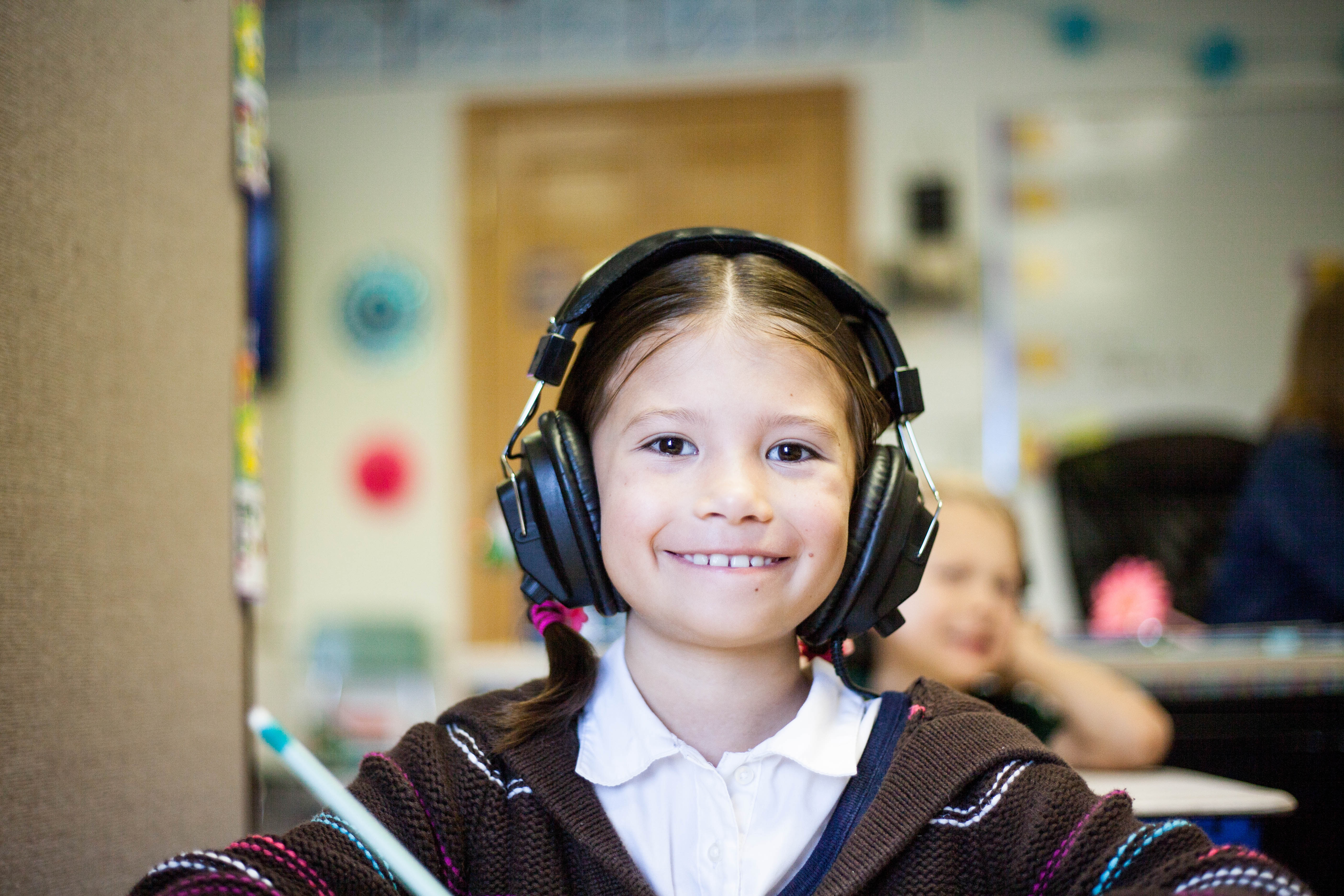News release
From:
Combining Maths With Music Leads to Higher Scores, Suggests Review of 50 Years of Research
Children do better at maths when music is a key part of their lessons, an analysis of almost 50 years of research on the topic has revealed.
It is thought that music can make maths more enjoyable, keep students engaged and help any ease fear or anxiety they have about maths. Motivation may be increased and pupils may appreciate maths more, the peer-reviewed article in Educational Studies details.
Techniques for integrating music into maths lessons range from clapping to pieces with different rhythms when learning numbers and fractions, to using maths to design musical instruments.
Previous research has shown that children who are better at music also do better at maths. But whether teaching music to youngsters actually improves their maths has been less clear.
To find out more, Turkish researcher Dr. Ayça Akın, from the Department of Software Engineering, Antalya Belek University, searched academic databases for research on the topic published between 1975 and 2022.
She then combined the results of 55 studies from around the world, involving almost 78,000 young people from kindergarten pupils to university students, to come up with an answer.
Three types of musical intervention were included the meta-analysis: standardised music interventions (typical music lessons, in which children sing and listen to, and compose, music), instrumental musical interventions (lessons in which children learn how to play instruments, either individually or as part of a band) and music-maths integrated interventions, in which music is integrated into maths lessons.
Students took maths tests before and after taking part in the intervention and the change in their scores was compared with that of youngsters who didn’t take part in an intervention.
The use of music, whether in separate lessons or as part of maths classes, was associated with greater improvement in maths over time.
The integrated lessons had the biggest effect, with around 73% of students who had integrated lessons doing significantly better than youngsters who didn’t have any type of musical intervention.
Some 69% of students who learned how to play instruments and 58% of students who had normal music lessons improved more than pupils with no musical intervention.
The results also indicate that music helps more with learning arithmetic than other types of maths and has a bigger impact on younger pupils and those learning more basic mathematical concepts.
Dr Akin, who carried out the research while at Turkey’s National Ministry of Education and Antalya Belek University, points out that maths and music have much in common, such as the use of symbols symmetry. Both subjects also require abstract thought and quantitative reasoning.
Arithmetic may lend itself particularly well to being taught through music because core concepts, such as fractions and ratios, are also fundamental to music. For example, musical notes of different lengths can be represented as fractions and added together to create several bars of music.
Integrated lessons may be especially effective because they allow pupils to build connections between the maths and music and provide extra opportunities to explore, interpret and understand maths.
Plus, if they are more enjoyable than traditional maths lessons, any anxiety students feel about maths may be eased.
Limitations of the analysis include the relatively small number of studies available for inclusion. This meant it wasn’t possible to look at the effect of factors such as gender, socio-economic status and length of musical instruction on the results.
Dr Akin, who is now based at Antalya Belek University, concludes that while musical instruction overall has a small to moderate effect on achievement in maths, integrated lessons have a large impact.
She adds: “Encouraging mathematics and music teachers to plan lessons together could help ease students’ anxiety about mathematics, while also boosting achievement.”



 International
International



